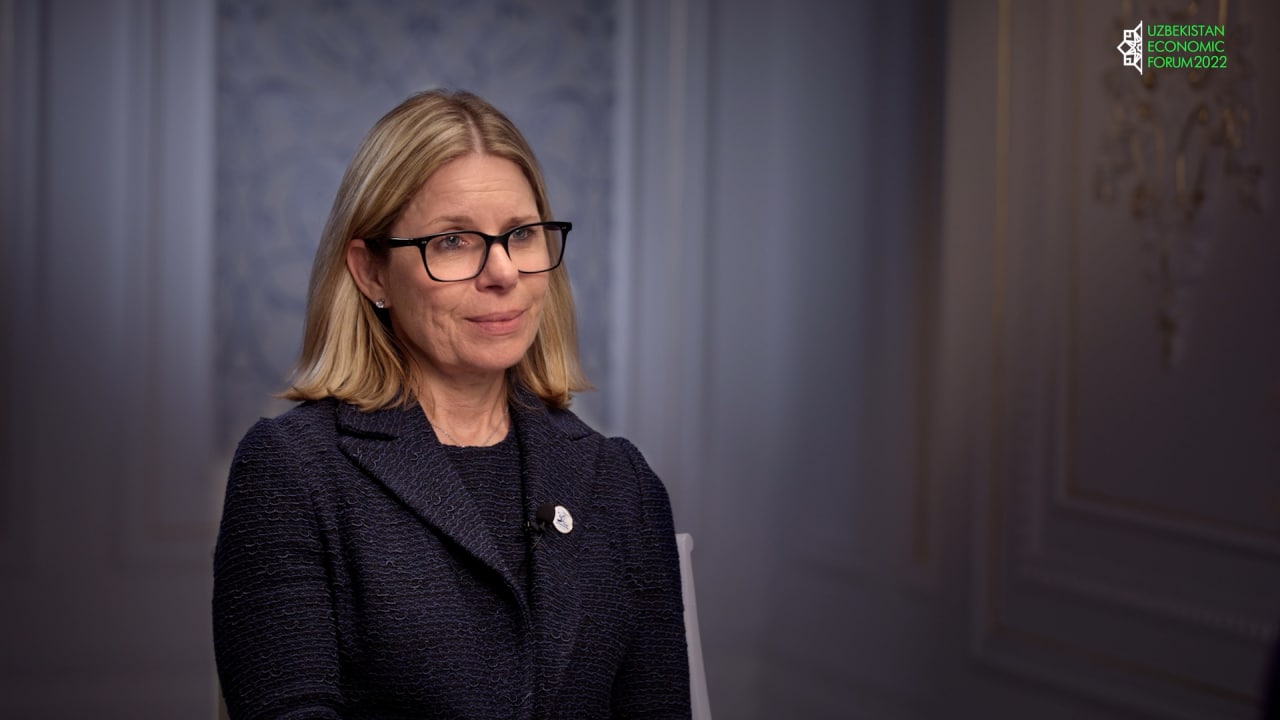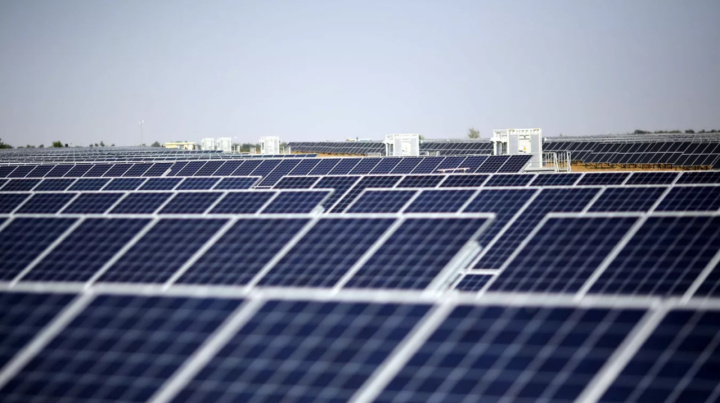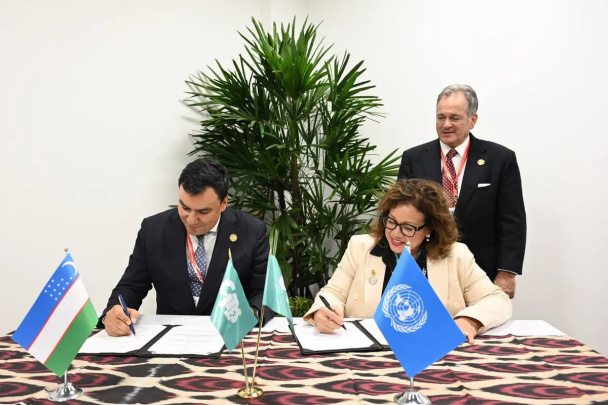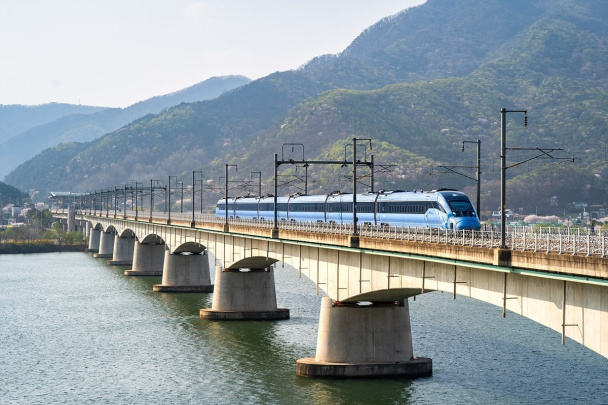“Uzbekistan stands out for doing a lot of reforms in a short period of time” – Anna Bjerde
On the sidelines of the II Uzbekistan Economic Forum in Samarkand, freelance journalist Charlotte Kan organized an interview with the World Bank Vice President for Europe and Central Asia Anna Bjerde.
First of all, what is your outlook for the region?
Well, thank you for asking the question. In fact, we, just a few weeks ago, released our economic update for the region, and it's actually showing a better picture than we had anticipated in April when we did our last report. And it is really quite remarkable how the region has been able to weather through what is yet another crisis upon a crisis.
So right now, we are expecting the region still to contract, having negative growth, but at a much less severe rate than we had anticipated in April. And what's driving this is really that several countries in the region are benefiting from the commodity price increase and are exporters of energy. Of course, some other countries are importers of energy, and those are faring … having more difficulty. But in general, what we're seeing is strong exports out of the region. Commodity price increases are helping.
But the emphasis I really want to put on - and this is particularly relevant for Uzbekistan - is countries that have made reforms are proving to be more resilient to crisis. And that is what we're seeing here in Uzbekistan, where the growth rate is actually among the highest of the Central Asian countries and even beyond this Central Asian region, within the broader region of Europe and Central Asia.

Are you happy with the pace of reforms here in Uzbekistan?
So I think that the level of reforms that have been undertaken in the last few years in this country outstrip, maybe in a major way, how many reforms other countries have done in that short period of time. So Uzbekistan stands out for doing a lot of reforms in a short period of time. And I think, you know, as I mentioned, the resilience that is coming from these reforms is very, very significant. Now, there's still a way to go. And what we would very much like to do is continue to partner with the government and work on those reforms, particularly on deepening the role of the private sector, focusing on human development, health, education, social protection, but also improving livelihoods and protecting the natural resources. And these are the three focus areas in our new country partnership framework. And not only that, Charlotte, as cross-cutting focus areas. We will focus on reducing, actually eliminating, gender disparities and engaging more with citizens of the country to increase and improve accountability.
Finally, as the country holds its second economic forum, what are your thoughts on this platform for open dialog across the region?
So I really commend the Government of Uzbekistan for having a second forum of this kind. It has attracted so much attention, so many people, and the type of conversation that is taking place, both in the open plenaries, in the side events and in the corridors, is absolutely fabulous. Why? Because we're sharing experiences where introducing new ideas and concepts and this is the best way to inform the priorities going forward. And Uzbekistan is able to tell its story, but equally it's able to learn from others. And as the World Bank, we love these moments of convening and exchanging because it also helps us as a global institution to connect countries, to learn from each other, and for us as an institution to be more responsive to the countries that we work with.
Anna Bjerde, thank you very much.
Thank you.
Related News

19:13 / 23.12.2024
World Bank approves $3.5 million guarantee for solar power plant in Khorezm region

13:54 / 23.12.2024
Samarkand to host CITES COP20

11:39 / 18.12.2024
South Korea launches feasibility study for high-speed rail line between Tashkent and Samarkand

13:32 / 12.12.2024



